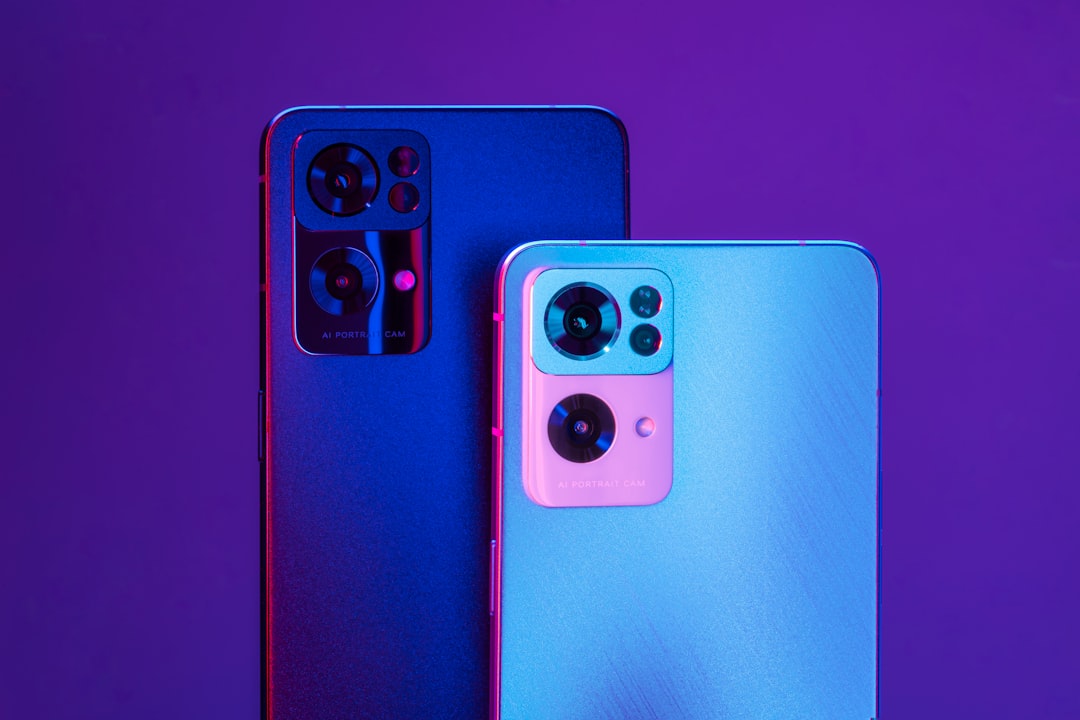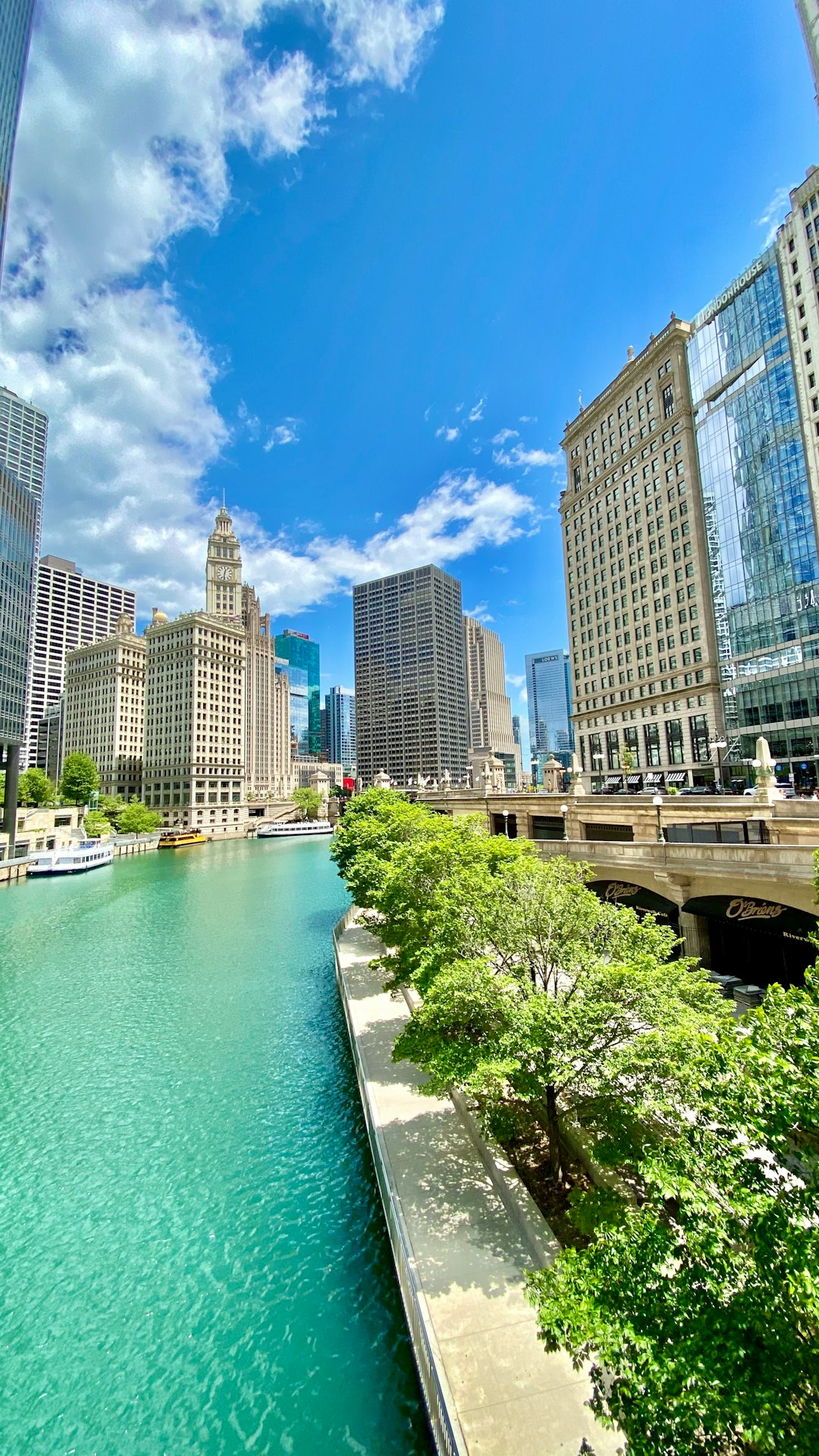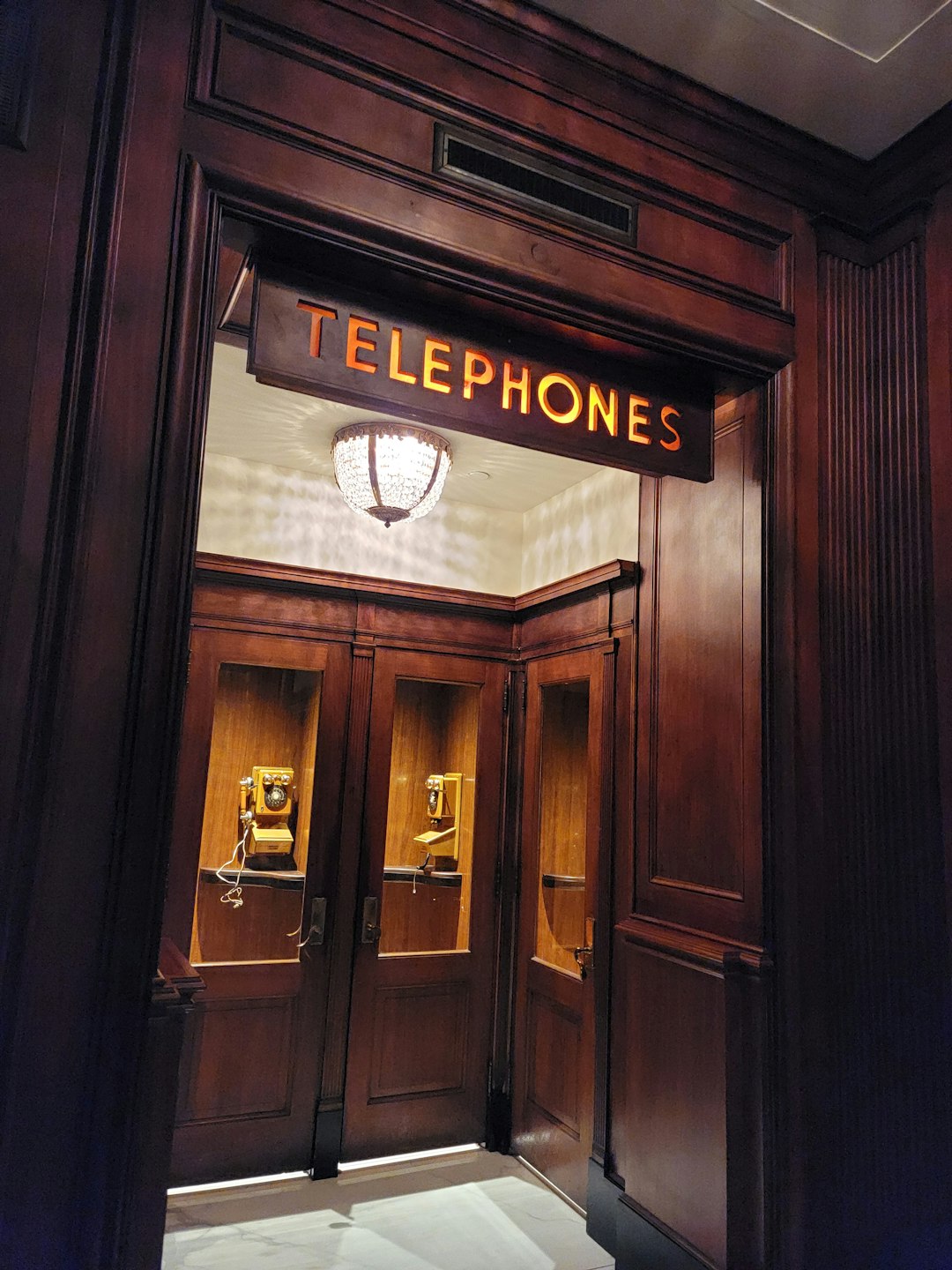Illinois' strict Do Not Call Laws protect residents from unwanted telemarketing calls. Violations can be reported to the Illinois Attorney General's Office, which has the power to take legal action against offending businesses. Residents should document and provide evidence, such as call records, to ensure swift action and maintain their privacy rights under these laws.
“Unsure how to report a violation of Illinois’ stringent Do Not Call laws? Quincy’s comprehensive guide is your go-to resource. We break down the intricacies of Do Not Call Laws in Illinois, equipping you with key tips for identifying violations and a step-by-step reporting process. Understand your rights and protections, and learn how to navigate these regulations effectively. By following Quincy’s advice, you’ll ensure compliance and protect your privacy.”
Understanding Do Not Call Laws in Illinois

In Illinois, respecting privacy and consumer rights is paramount, as evidenced by its stringent Do Not Call Laws. These laws protect residents from unwanted telephone solicitations, ensuring a peaceful and undisturbed environment for those who have chosen to opt-out of such contact. Under Illinois law, it is illegal for businesses or individuals to make telemarketing calls to persons listed on the state’s Do Not Call list.
This list is designed to give residents control over their communication preferences, allowing them to silence unwanted calls from various sources. Residents can register their phone numbers online or through a dedicated agency. Once registered, it becomes illegal for any caller to initiate marketing or sales calls to that number, promoting a more serene and spam-free telecommunicative atmosphere in the state of Illinois.
Identifying DNC Violations: Key Tips

Identifying DNC violations is a crucial step in upholding election integrity, especially within the context of Illinois’ strict Do Not Call laws. One key tip to remember is that these violations often manifest as unwanted political calls or texts from organizations or individuals who have been placed on the ‘Do Not Contact’ list. In Illinois, it’s illegal for these groups to initiate contact with registered voters without explicit consent.
Be vigilant about suspicious activity, such as repeated calls from unknown numbers or messages promoting specific candidates or measures despite your requests to stop receiving them. Verify the source of the communication by checking call records and official voter registration lists. If you suspect a DNC violation, document the details—including dates, times, and content—and report it to the appropriate authorities, who can then take necessary action in accordance with Illinois’ Do Not Call laws.
Reporting Violations: Step-by-Step Guide

Reporting DNC (Do Not Call) violations is a crucial step in protecting individuals from unwanted phone calls and ensuring compliance with Illinois’ Do Not Call Laws. Here’s a straightforward guide to help you navigate this process effectively:
1. Identify the Violation: First, recognize if a caller has violated your rights under the Illinois Do Not Call Laws. This typically occurs when you receive a call from a telemarketer or sales representative on your Do Not Call list. Note down the caller’s information, including the company name and phone number.
2. Document the Call: Record details about the call, such as the date, time, and a summary of the conversation. Illinois law allows you to record conversations with telemarketers if both parties are aware of the recording, making it easier to provide evidence later.
3. File a Complaint: Visit the official website of the Illinois Attorney General’s office or contact their consumer protection division directly. You can file a complaint online or over the phone. Provide all relevant details, including your personal information, caller’s data, and a brief description of the violation. The Attorney General’s office will review the case and take appropriate action against violators.
4. Provide Evidence: Back up your complaint with the recorded call (if applicable) and any other supporting documentation. This helps strengthen your case and ensures swift resolution.
5. Follow Up: Keep track of the progress of your complaint and stay in touch with the Attorney General’s office if needed. They may require additional information or take further steps to penalize the violators, including fines and legal action.
Your Rights and Protections in Illinois

In Illinois, individuals have specific rights and protections when it comes to reporting DNC (Do Not Call) violations. The state has stringent laws in place to safeguard residents from unwanted telephone solicitations. According to the Illinois Do Not Call Law, businesses are prohibited from making telemarketing calls to numbers registered on the state’s Do Not Call list. This law provides a layer of privacy and peace for Illinoisans who wish to limit their interaction with telemarketers.
When reporting a DNC violation, it is crucial to gather evidence such as call records or voicemails left by the telemarketer. Residents can file a complaint with the Illinois Attorney General’s Office, which has the authority to investigate and take legal action against violators. Additionally, local law enforcement agencies may also assist in resolving these issues, ensuring that your rights under the Do Not Call Laws are respected and upheld.






